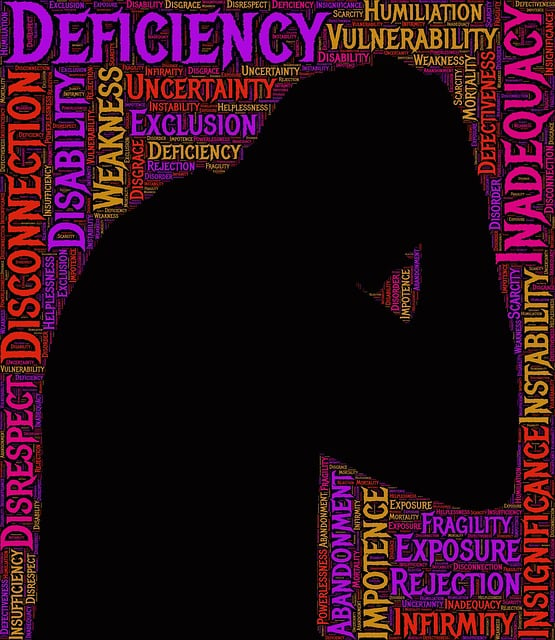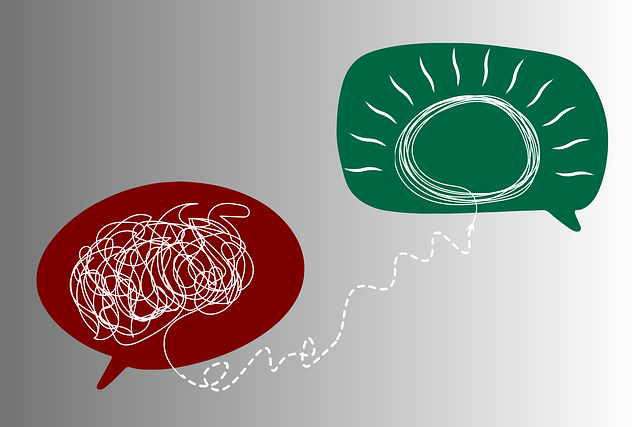Lakewood Bipolar Disorder Therapy offers a comprehensive, holistic approach to managing this complex mental health condition. Through risk assessments, mental wellness journaling, evidence-based practices, and mindfulness techniques, individuals gain tools to stabilize symptoms, improve quality of life, and navigate stigma. The collaborative program, driven by client feedback and healthcare provider expertise, empowers clients with personalized strategies for resilience and emotional regulation, fostering overall mental wellness.
Mental wellness coaching programs have emerged as powerful tools in addressing bipolar disorder, a condition that affects millions globally. This article delves into the development of such programs, focusing on the specific challenges posed by bipolar disorder. We explore evidence-based strategies for designing effective coaching interventions and provide insights into implementing and evaluating Lakewood Bipolar Disorder Therapy programs. By understanding these approaches, we can enhance support for individuals navigating this complex mental health challenge.
- Understanding Mental Health Challenges: Bipolar Disorder in Focus
- Designing Effective Coaching Programs for Wellness
- Implementing and Evaluating Lakewood Bipolar Disorder Therapy Programs
Understanding Mental Health Challenges: Bipolar Disorder in Focus

Mental health challenges, such as bipolar disorder, are complex and multifaceted conditions that require specialized care. Bipolar disorder, characterized by extreme mood swings from manic episodes to deep depression, impacts millions worldwide. In Lakewood, bipolar disorder therapy has emerged as a vital service, offering individuals support in managing their symptoms and improving their quality of life.
Understanding this specific mental health condition is crucial for both patients and mental wellness professionals. A comprehensive risk assessment for mental health professionals guides practitioners in recognizing potential triggers and implementing effective interventions. Additionally, encouraging mental wellness journaling exercises can empower individuals with bipolar disorder to track their moods, identify patterns, and develop coping strategies. By integrating these practices, Lakewood’s approach to bipolar disorder therapy fosters a holistic understanding and enhances the overall well-being of those seeking support.
Designing Effective Coaching Programs for Wellness

Designing effective coaching programs for wellness involves a deep understanding of the specific needs and challenges faced by individuals with mental health conditions, such as bipolar disorder. At Lakewood Bipolar Disorder Therapy, we recognize that each person’s journey is unique. Therefore, our coaching programs are tailored to foster resilience building and emotional regulation skills. By integrating evidence-based practices and mindfulness techniques, our coaches help clients navigate their mental illness stigma reduction efforts while promoting self-care and overall well-being.
The development of these programs should prioritize active listening, personalized goal setting, and regular feedback mechanisms. Coaches play a pivotal role in guiding individuals through their emotional landscapes, teaching them coping strategies that can be adapted to various situations. Through tailored interventions, we aim to empower clients to manage stress, improve mood stability, and cultivate sustainable mental wellness practices.
Implementing and Evaluating Lakewood Bipolar Disorder Therapy Programs

Implementing effective Lakewood Bipolar Disorder Therapy programs requires a multifaceted approach, integrating evidence-based practices tailored to the unique needs of individuals living with this complex condition. A robust framework begins with comprehensive assessment, considering the individual’s symptoms, triggers, and coping mechanisms. This involves collaboration between clients, mental health professionals, and other healthcare providers who can offer specialized insights and support.
Evaluating these programs is crucial for ensuring their efficacy and relevance. Through regular monitoring of patient outcomes, including symptom stabilization, improved quality of life, and enhanced coping strategies, mental wellness coaches can identify what works best in different contexts. Integrating feedback from both clients and healthcare providers, such as those who participate in Cultural Competency Training to enhance care delivery, allows for continuous improvement in Lakewood Bipolar Disorder Therapy programs design. This iterative process aims to provide personalized support that not only manages symptoms but also fosters resilience and overall mental health.
Mental wellness coaching programs, particularly those focused on Lakewood Bipolar Disorder Therapy, have proven to be transformative tools. By combining understanding of mental health challenges like bipolar disorder with tailored coaching strategies, these programs offer hope and improved quality of life for participants. As we continue to navigate the complexities of mental health, such initiatives are essential in fostering better outcomes and enhancing accessibility to effective treatment.










